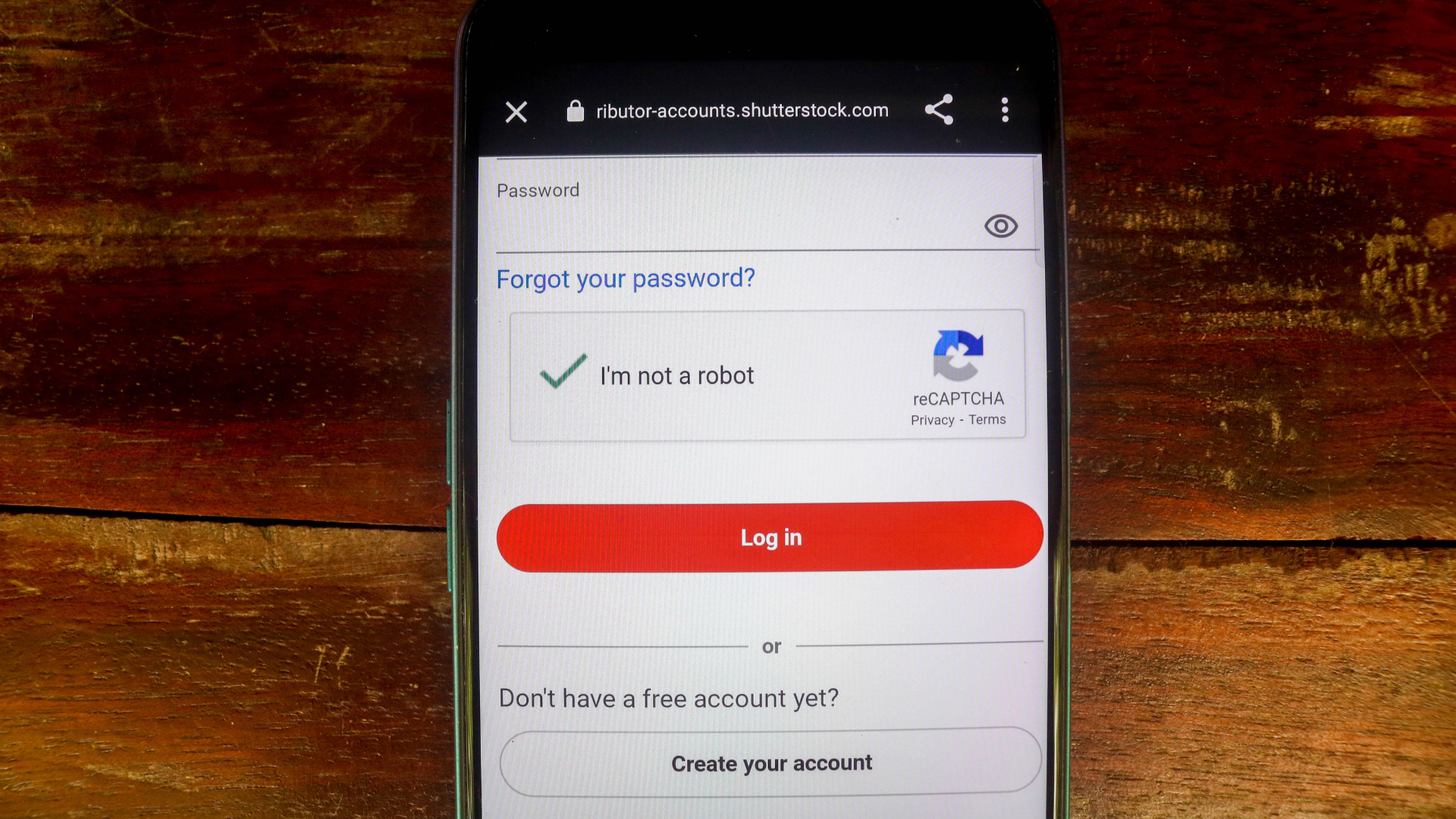Now Reading: Samsung One UI 7 Introduces Automatic CAPTCHA Verification
-
01
Samsung One UI 7 Introduces Automatic CAPTCHA Verification
Samsung One UI 7 Introduces Automatic CAPTCHA Verification

Fast Summary
- Samsung’s One UI 7 introduces Automatic Verification, a feature designed to bypass CAPTCHAs on websites.
- CAPTCHAs are used to distinguish humans from bots and prevent spam or attacks. Though, they can be frustrating and invasive for users.
- Automatic Verification is currently available on the Samsung Internet browser for Galaxy S25 and will roll out to older devices soon.
- To enable the feature,users need to access settings within the Samsung Internet browser under Privacy dashboard > Smart anti-tracking > automatic Verification.
- The feature claims to enhance privacy by preventing websites from tracking user behavior during CAPTCHA authentication processes.
- Limitations:
– It only works with Samsung’s browser, not other web browsers.
– The website must support this new feature; current compatibility appears limited based on initial testing.
!2000×1125.v1742820966.jpg”>Samsung Internet
Enabling the Automatic Verification feature. Credit: Lifehacker
Indian Opinion Analysis
Samsung’s introduction of CAPTCHA-bypassing technology in its One UI 7 update represents an incremental shift toward enhancing online user convenience and privacy. For India, where smartphone usage and internet penetration have steadily risen, such innovations could offer benefits but face practical challenges.
First, features like automatic verification could translate into time-saving conveniences for India’s vast digital workforce that engages heavily with online platforms prone to bot checks-especially gig workers who frequently navigate login-heavy apps or websites. However, given that it is tied exclusively to Samsung’s own mobile browser (less popular than Google Chrome or Safari), adoption may remain niche unless compatibility expands across platforms.
Data protection remains a focal issue in India following burgeoning discussions around privacy laws like the Digital Personal data Protection Act (2023). By limiting data sharing during authentication processes,this technology aligns well with growing Indian concerns about personal data misuse but requires stronger evidence of functionality before extensive deployment becomes realistic.
In essence, while promising in concept as both a usability enhancer and privacy tool, its limited real-world applicability at launch tempers its potential immediate relevance among Indian users. Future updates addressing broader website compatibility will determine its tangible impact.


























